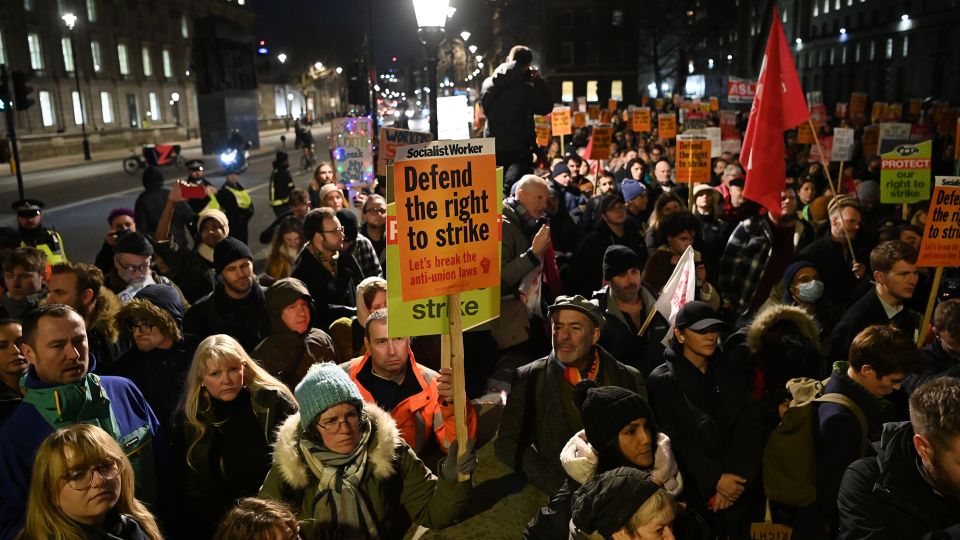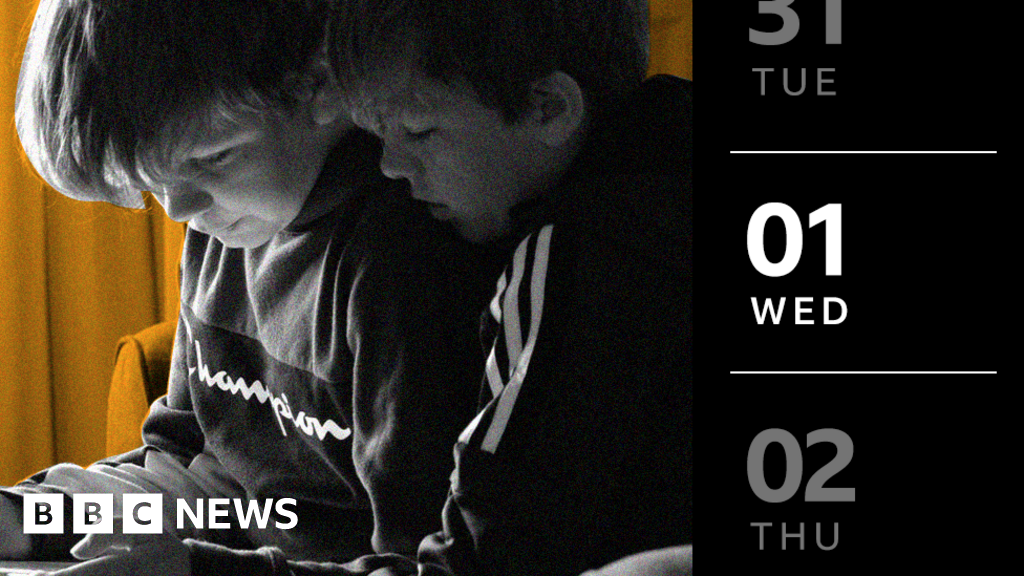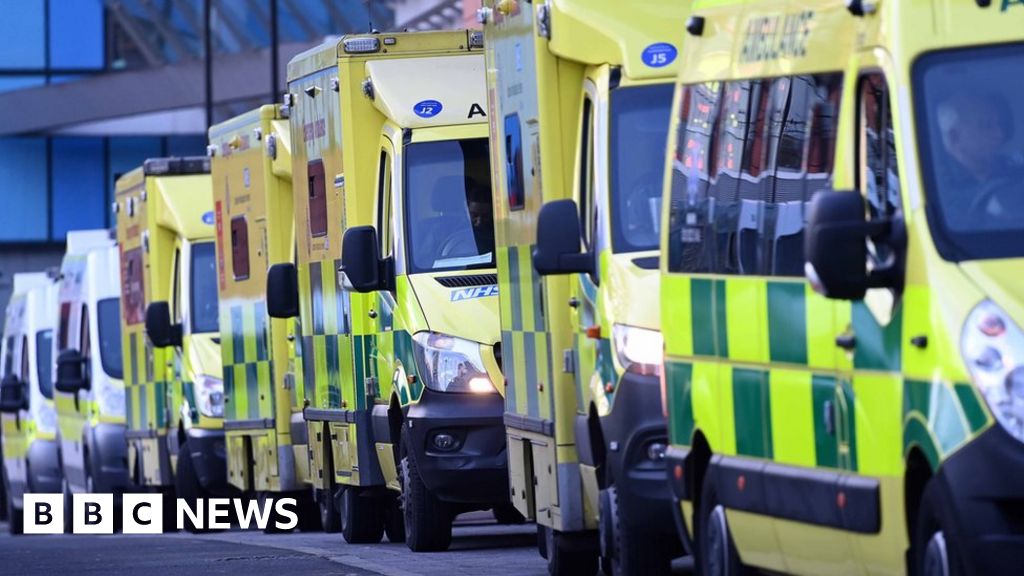UK: Worst Strikes in a Decade Close Schools, Cripple Rail Network

The Facts
Some 475k union members in the UK went on strike on Wednesday, demanding pay raises in response to the cost of living crisis. Major train stations in London completely closed, and roughly 85% of schools in England and Wales either fully or partially closed.
Teachers, university staff, train drivers, and civil servants stopped working as the Trades Union Congress, representing 48 unions, also launched over 75 rallies across the country in response to a government bill it calls an "attack" on the right to strike.
The Spin
Left narrative
Historically low wages call for historically massive strikes. Adjusted for inflation, public sector workers today are making £203 ($250) less per month than in 2010, and the government is now trying to strip their only way of bargaining for a living wage. If Sunak's government really wants to help the working class, his ministers should focus on putting more money in their pockets rather than ridiculing the only form of self-empowerment they have.
Right narrative
This is being represented as a massive, unified national strike when, in reality, obscure government departments that aren't as crucial as train drivers and teachers are being lumped together with essential workers to bolster its impression. Even regarding essential workers, the unions conveniently left out that they continued to get paid during the pandemic — even if they didn't work — while private sector workers were left out to dry. While pay has certainly lagged behind inflation, increases need to be accompanied by productivity, which has yet to return to pre-pandemic levels.


